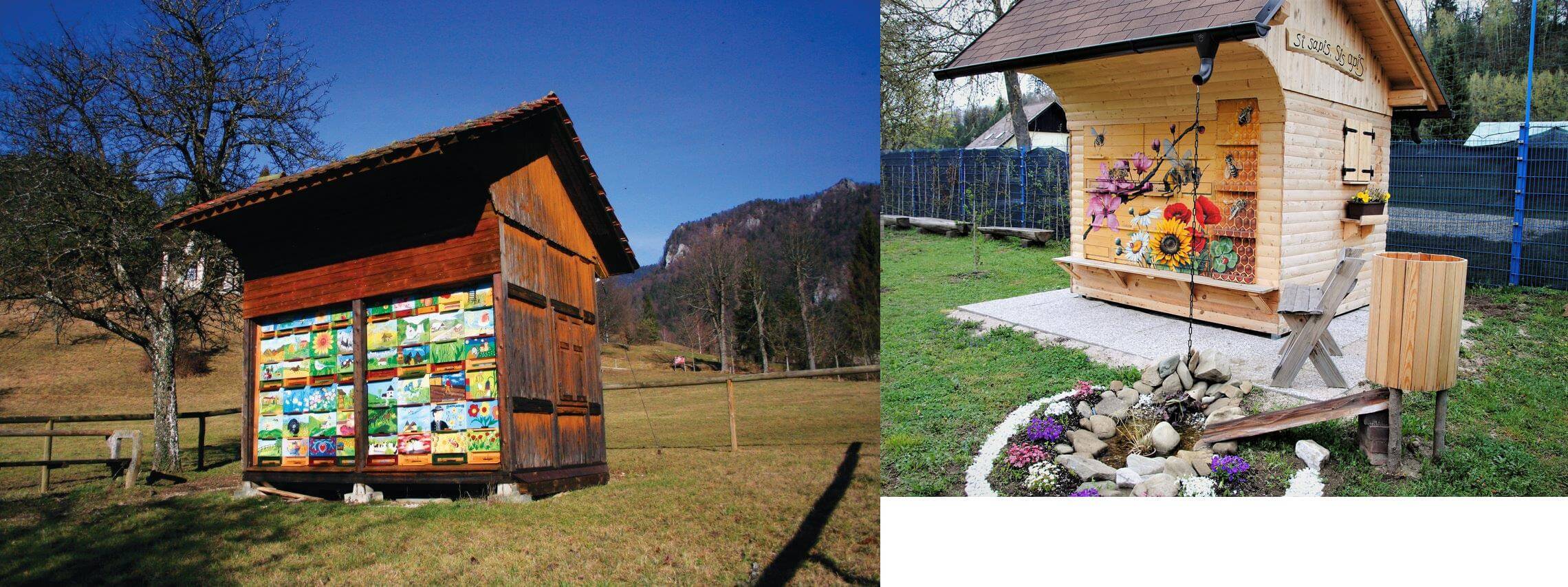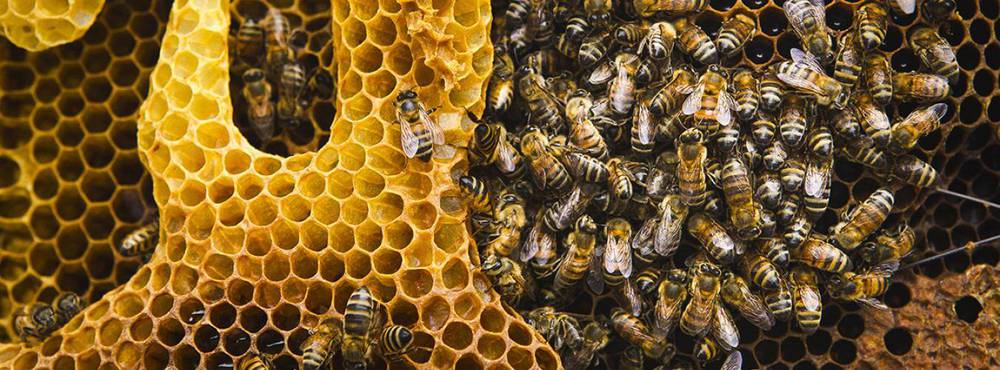A cooperative and local groups train farmers in beekeeping and produce honey and derivatives, such as royal jelly, propolis, and bee pollen. This project in Pasac, a village in southern Guatemala, is implemented by UNDP and the Ministry of Environment. Image credit: UNDP/Carolina Trutmann
For our Earth's ecosystem to exist and run properly, different pollinators and insects like bees, butterflies, bats, and hummingbirds are important. They help us through pollinations which is the main stage of our Earth ecosystem. However, these pollinators and insects, a must-have part of our ecosystem, are under serious threat, for a time long ago, due to human activities.
On the proposal from Slovenia, UN designated 20 May as World Bee Day. The main purpose was to acknowledge and also to raise the awareness of the importance of pollinators, the threats they face, and their contribution to sustainable development.
This day is the same day when the pioneer of beekeeping, Anton Janša, was born in 1734.
As bees are the part of Slovenian culture and part of the way of life, Slovenia is a country of beehives, bees, and beekeepers.

May is also the month when bees are most active in the northern hemisphere and begin to reproduce.
The recent COVID-19 pandemic is hitting all the Earthers. This also had an undeniable impact on the beekeeping sector affecting its production, the market, and as a consequence, the livelihoods of beekeepers.
Therefore, this year World Bee Day will focus on the production of bee and the good practices that are adopted by the beekeepers to support their livelihoods and deliver good quality products.
As we all are in somehow international lockdown state, this year this event takes virtually and the theme is "Bee Engaged". They mainly highlighted the importance of traditional knowledge related to beekeeping, the use of bee-derived products and services, and their importance in achieving sustainable development goals.
From the food that you are currently consuming to the coffee that you drink to the fruits that keep you healthy all are the results of pollinations and pollinators are the main contributor in the pollination process. It will be fair to say that without pollinators, the world will eventually be the world without food. There will be no blueberries, coffee, chocolate, cucumbers, even rice and so much more. And to all these, bees are the major pollinators.
Further, pollinators also contribute effectively to important sectors like medicines, biofuel, fibers, construction materials, human nutrition, and more.
There will be no life on Earth without pollinators like bees. In terms of the ecosystem, bees are also known as the ambassadors of pollinators. 25,000 to 30,000 species of bees (Hymenoptera: Apidae) are effective pollinators. Also, moths, flies, wasps, beetles, and butterflies, they make up the majority of pollinating species.
Bees not only help in pollination but they also directly contribute by ensuring food security. The Majority of the forest-dependent peoples depend on honey hunting for their livelihood.
Indeed bees are important to the Earthers but they are under a threat due to the human activities on Earth. Study shows that the present extinction rates are 100 to 1,000 times higher than normal due to human impacts. Globally, about 35% of bees and butterflies and 17% vertebrates pollinators like bats face extinction. Biodiversity concerned scientists and researchers are worried that if this extinction rate continues nutritious crops, such as fruits, nuts, and many vegetable crops will start to extinct and we will gradually face an imbalanced diet. This will affect us from global temperature to balance diet to the people's livelihood.
So, to curb and eliminate the current trend or extinction of pollinators, different organizations like FAO, International Pollinator Initiative (IPI), and UN are working together.
References and Further Readings:
